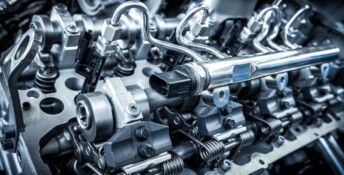
An engine misfire occurs when one or more of the engine’s cylinders fails to combust the air-fuel mixture properly. But what is a misfire in a car, exactly? A car misfire, or cylinder misfire, can lead to serious consequences, such as engine overheating, excessive wear, or even scuffing of the piston and cylinder surfaces. In this article, we’ll explain the meaning of a car misfiring, how to recognise misfire symptoms, what causes them, and whether a misfire can cause overheating.
What Is a Misfire and Why Does It Matter?
Car misfire symptoms often indicate a larger issue. A misfiring engine disrupts normal combustion, leading to reduced efficiency and possible damage. You might be wondering:
- Can a misfire cause overheating?
- Will a misfire cause overheating in my car?
- Can a cylinder misfire cause overheating, or does misfiring cause overheating in general?
- Can overheating cause misfire symptoms?
The short answer is yes — all these issues are interrelated. A misfire leads to incomplete combustion, increasing heat in certain engine areas. Similarly, engine overheating can damage sensors or components, triggering a misfire. That’s why it’s essential to understand both engine misfire causes and misfire engine symptoms to prevent long-term damage.
Engine Misfire Symptoms: Five Common Signs
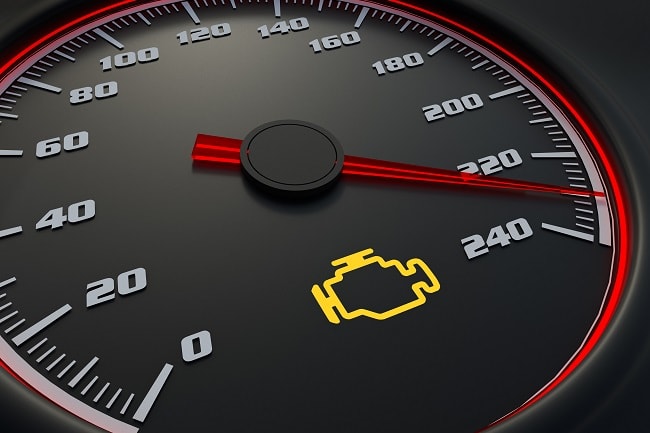

What Causes Engine Misfire? Three Common Reasons
- Ignition System Problems
Faulty spark plugs, damaged coils, or high-voltage wire issues are common cylinder misfire causes. If the ignition fires too early or too late, it disrupts combustion.
- Can bad spark plugs cause overheating? Yes. Misfires from bad plugs can lead to localised heat build-up, contributing to cylinder overheating.
- Fuel and Air Mixture Issues
Blocked injectors, a dirty air filter, or vacuum leaks can result in an improper air-fuel mix. Sensors like the MAF or throttle position sensor may fail too.
- Can engine misfire cause overheating? Definitely. Poor combustion can overwork engine components and elevate temperatures.
- Combustion Chamber Leaks
- Can tappets cause misfire? Yes — especially if valve clearances are incorrect, which can prevent proper combustion timing.

Six Tips from AUTODOC: How to Prevent Engine Misfire
- Replace consumables on time
- Air filters: every 10,000–15,000 km
- Spark plugs: every 30,000–100,000 km
- Fuel injectors: every 100,000–120,000 km
- Clean injectors annually
- Use a fuel additive to reduce clogging. In severe cases, seek professional servicing.
- Low-grade oil can lead to overheating and cause engine misfire symptoms. Change oil and filters regularly.
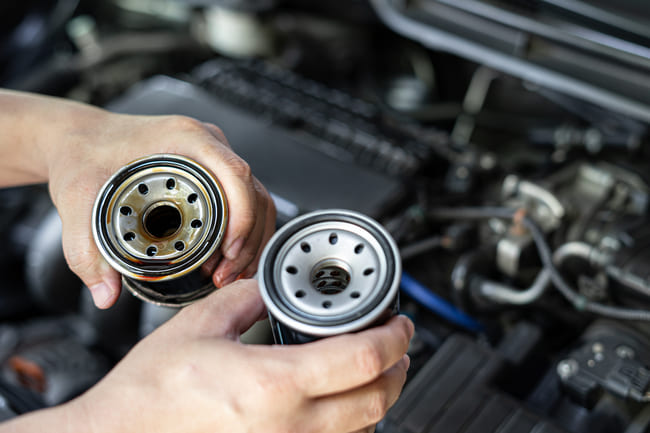
- Choose quality fuel
- Bad fuel leads to carbon build-up, potentially triggering a car misfire.
- Run the engine at high RPMs occasionally
- This raises combustion temperatures and helps clean deposits off spark plugs.
- Torque bolts to spec during servicing
- Ensure all threaded joints are leak-proof and sealing elements remain intact.
Conclusion: Is Engine Misfire Dangerous?
Absolutely. A misfire in a car is not only bad for performance but can also lead to severe issues like engine overheating. Many ask, can engine overheating cause misfire, or the reverse — and both scenarios are possible. That’s why it’s crucial to recognise misfiring engine symptoms, understand reasons for engine misfire, and take action early.
By following these tips and staying on top of maintenance, you can prevent misfires and avoid
- @user_220583602.02.2024 04:44Member
My engine has such intermittent revs and not the steady hum as would expect from a normal engine. Thank your sir for the informative write up, it is awesome.












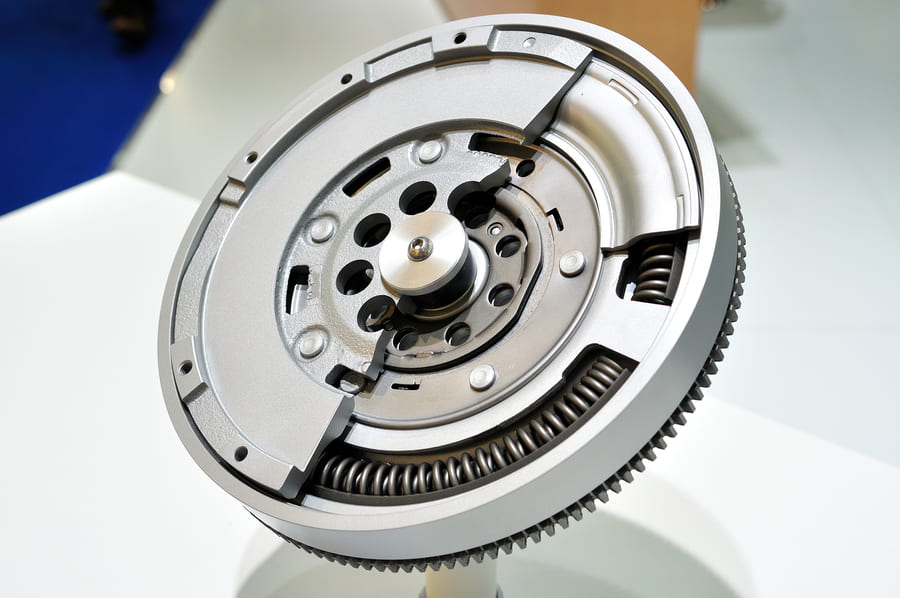
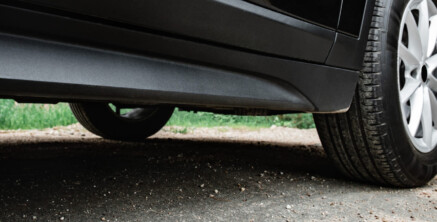


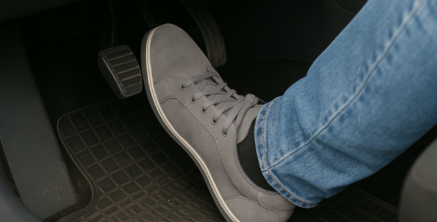
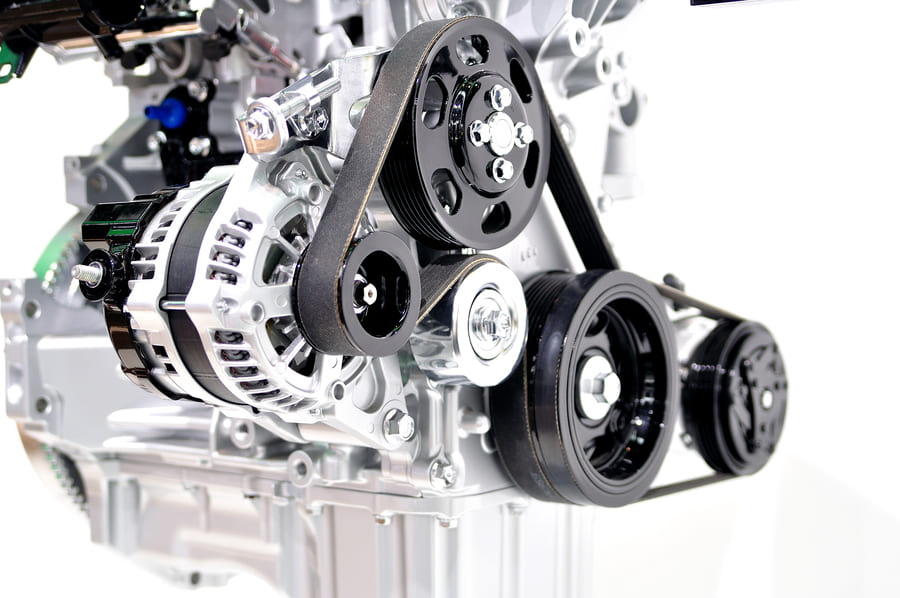
Comments – 1